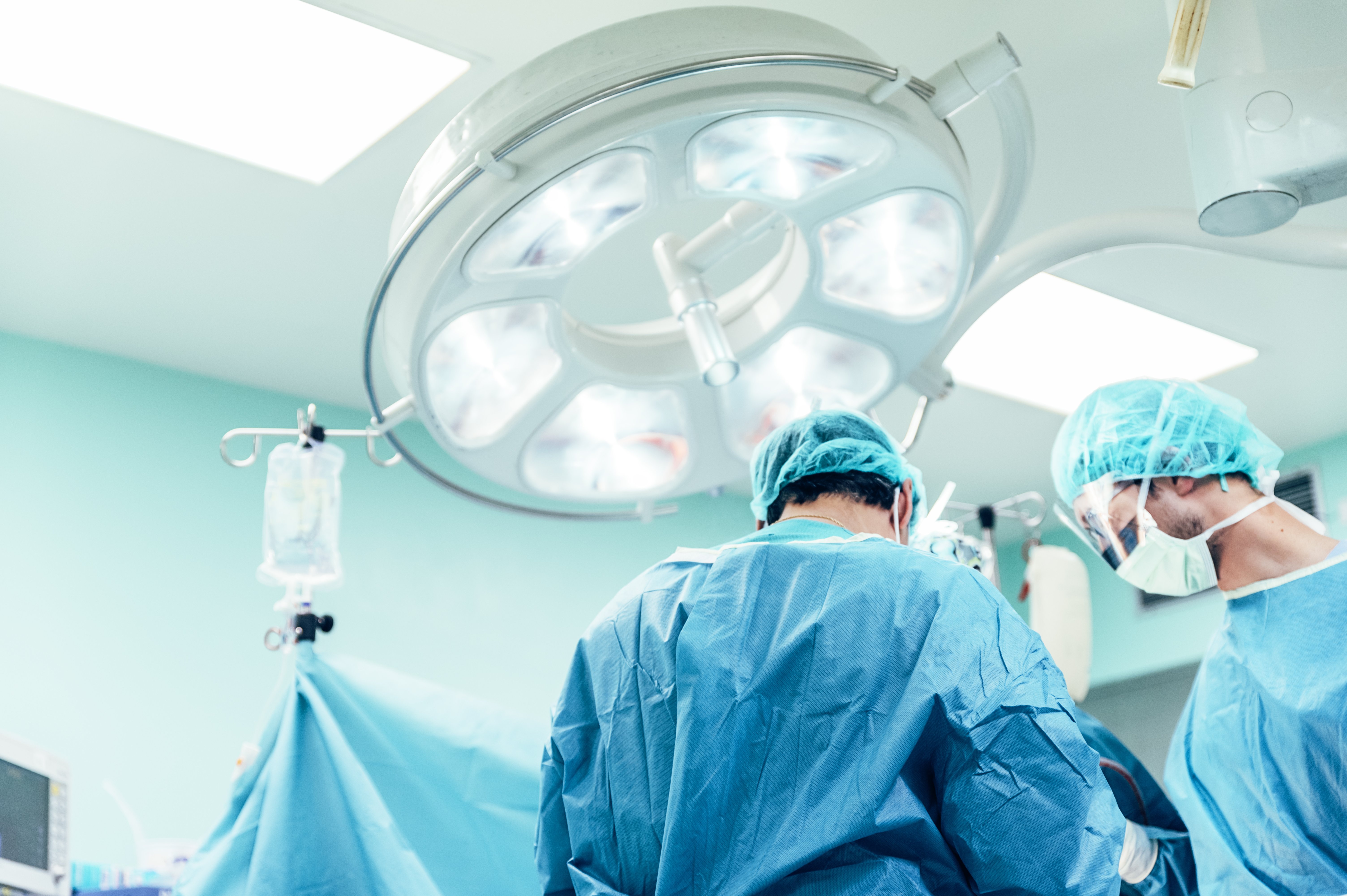
(Vienna, 03 May April 2022) Aortic valve regurgitation is one of the commonest heart defects. If the aortic valve no longer closes tightly, the valve has to be reconstructed or replaced. Unlike in other heart diseases, catheter-based aortic valve implants, inserted via a minimally invasive procedure, have so far failed to achieve optimal results in aortic valve regurgitation. A new implant technology is changing that, so that it is now possible to treat previously inoperable patients as well. The newly developed implant was successfully used for the first time in Austria at the Department of Cardiac Surgery of MedUni Vienna and University Hospital Vienna.
Aortic valve regurgitation is a common heart defect. The likelihood of the aortic valve failing to close properly, so that blood flows back from the aorta into the left ventricle, increases with age. The result is that the ventricle becomes permanently overloaded.
While a mild form of aortic valve regurgitation can be treated with drugs, a severe form requires heart surgery to reconstruct or replace the valve. However, gentle catheter-based aortic valve implantation, which can be performed as part of a minimally invasive procedure, has so far failed to achieve optimal results in this heart condition, since it was not possible to anchor the implant securely. Conventional heart surgery, which involves opening the chest cavity and using a heart-lung machine, is not an option for some patients.
The new "Trilogy Heart Valve" technology means that catheter-based aortic valve implantation is now also possible for those whose only problem is aortic valve regurgitation. A special anchoring mechanism ensures that the new heart valve is held securely in place. The newly developed implant can be inserted in a minimally invasive procedure, thus providing a treatment option for previously inoperable patients.
The new heart valve technology was successfully used for the first time in Austria by the Department of Cardiac Surgery of MedUni Vienna and University Hospital Vienna in November 2018, even prior to receiving approval. Once the technology was approved, the surgical team led by Martin Andreas has gone on to perform further successful implantation procedures since December 2021. The next implantation is scheduled for the beginning of May.